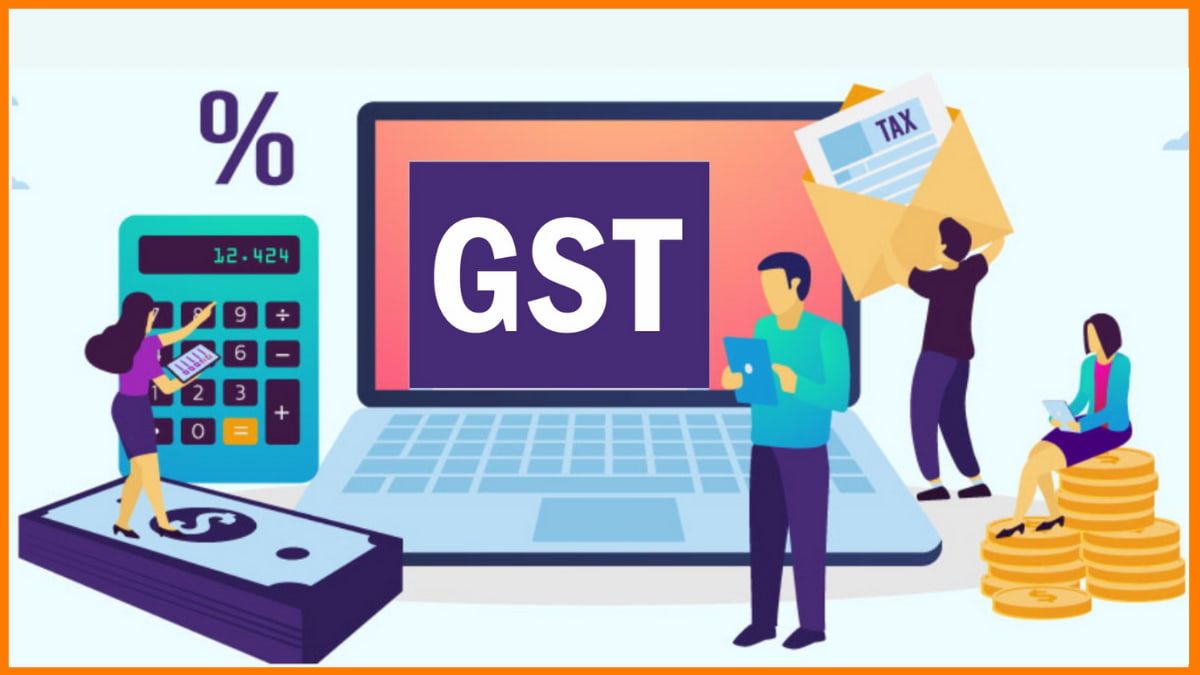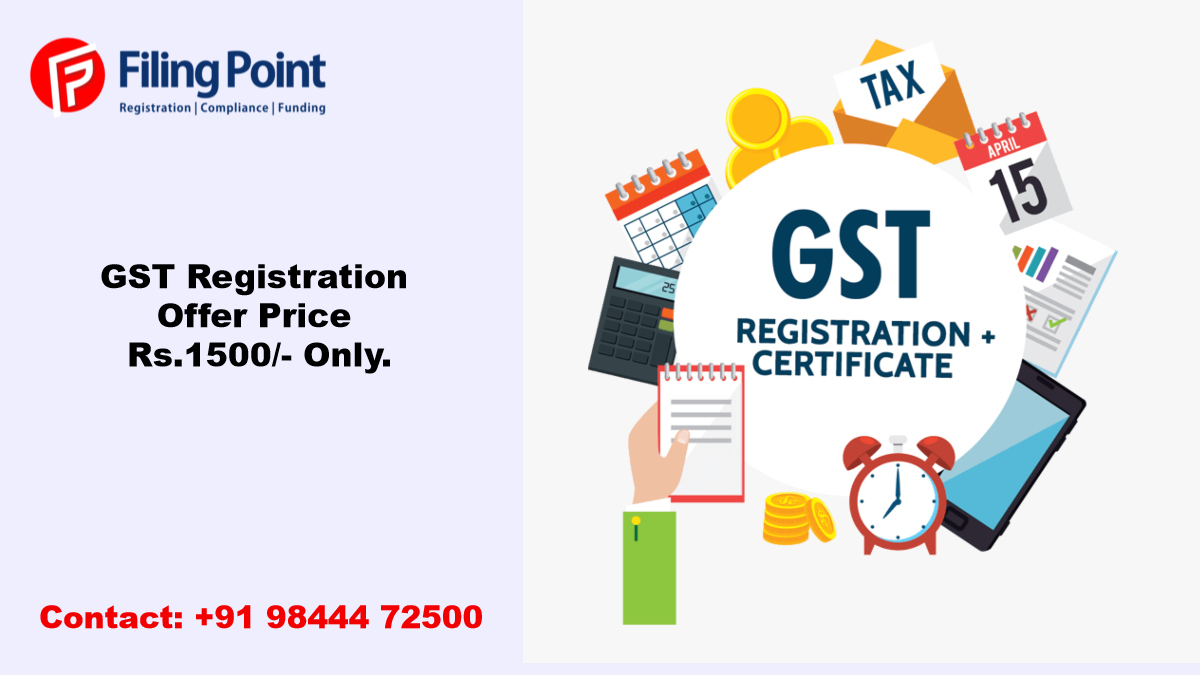Throughout: The Ultimate Roadmap to GST Enrollment for Businesses Seeking Financial Stability
Browsing the intricacies of Item and Services Tax Obligation (GST) registration is a vital action for businesses making every effort for financial stability. Breaking down the roadmap into convenient actions can streamline the registration trip for businesses looking to boost their monetary standing.
Understanding GST Fundamentals
Delving into the essential principles of Goods and Solutions Tax Obligation (GST) is necessary for acquiring a detailed understanding of its effects on services and the economy. Input Tax Credit Scores (ITC) is a significant feature of GST, allowing services to declare credit rating for taxes paid on inputs, minimizing the overall tax obligation worry. Recognizing the fundamentals of GST is essential for organizations to abide with tax policies, handle their financial resources successfully, and add to the country's economic development by taking part in a transparent tax obligation system.
Qualification Requirements for Enrollment
As of the existing laws, the threshold limitation for GST enrollment is a yearly accumulation turnover of 40 lakhs for organizations running within a state, other than for unique group states where the limit is 20 lakhs. In addition, certain businesses are called for to sign up for GST regardless of their turnover, such as interstate distributors, casual taxable persons, and services responsible to pay tax under the reverse fee system. It is critical for companies to extensively analyze their turnover and deal types to identify their GST enrollment obligations accurately.
Documents Needed for Enrollment
Having met the qualification standards for GST registration, organizations need to currently guarantee they have the requisite files in area to continue with the enrollment procedure effectively. The documents required for GST enrollment usually include proof of organization constitution, such as partnership action, enrollment certificate, or incorporation certification for various kinds of organizations. Furthermore, organizations need to give records establishing the principal place of business, such as a rental contract or electrical power bill.
Step-by-Step Registration Process
Starting the GST registration procedure entails a series of organized actions to make sure a compliant and seamless registration for services. The very first step is to visit the GST site and submit the registration type with precise information of business entity. Following this, the candidate gets a Momentary Referral Number (TRN) which is utilized to resume the application procedure if it's useful link not completed in one go.
Next, all needed papers according to the checklist offered by the GST portal demand to be uploaded. These files commonly consist of proof of organization address, identification and enrollment proofs of marketers, monetary statements, and business entity's PAN card.

Post-Registration Compliance Guidelines

Final Thought
Finally, services seeking monetary Clicking Here security should understand the fundamentals of GST, fulfill eligibility requirements, gather essential documents, follow the detailed registration procedure, and conform with post-registration standards - Best GST registration services in Singapore. By adhering to these steps, companies can ensure compliance with tax obligation laws and keep monetary stability in the long run
In addition, particular services are called for to register for GST irrespective of their turn over, such as interstate suppliers, laid-back taxable persons, and businesses accountable to pay tax under the reverse charge device.Having actually fulfilled the eligibility requirements for GST enrollment, companies have to now guarantee they have the requisite papers in place to continue with the registration process effectively. The documents required for GST enrollment usually consist of proof of business constitution, such as partnership action, registration certification, or consolidation certification for different types of businesses. In addition, services require to provide records establishing the primary area of service, such as a rental arrangement or power expense.Starting the GST enrollment process entails a series of organized actions to guarantee a smooth and compliant enrollment for services.